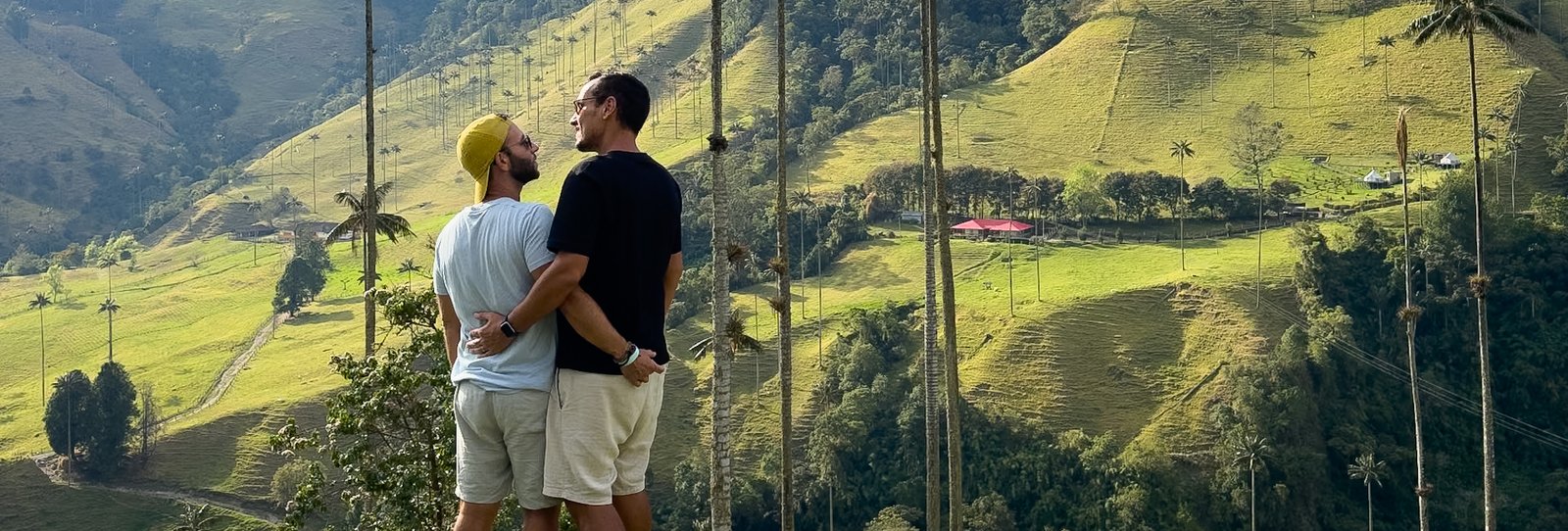Where to Stay in Paris: 3 Best Areas and Hotels
Paris is a city we’ve explored several times, and we know how crucial it is to choose where to stay in Paris wisely to enjoy… Read More »Where to Stay in Paris: 3 Best Areas and Hotels
France is an unmatched destination where elegance, history, and cuisine intertwine. Paris, with its Eiffel Tower and the Louvre, is a global art and culture hub, while the Bordeaux wine region and the stunning French Riviera offer breathtaking landscapes.
Explore the charming villages of Provence, get lost in the streets of Montmartre, or discover the castles of the Loire Valley. Not to mention the cuisine, where croissants, cheeses, and wines are just the beginning of an unforgettable culinary experience. France is undoubtedly a destination that offers a unique blend of sophistication and tradition.
France is a popular and generally safe destination for tourists. However, in 2025, the country faces some challenges related to crime, especially in urban areas like Paris. The U.S. Department of State recommends caution in areas with high tourist concentrations and in peripheral zones of major cities where incidents like theft and pickpocketing can occur. Major tourist attractions remain safe if basic safety precautions are followed.
France has a well-developed public transportation system, including trains, buses, and metros, especially in cities like Paris. Accessibility is continually improving, with many stations and vehicles adapted for people with reduced mobility. However, like in any major city, strikes or service disruptions may occur. It’s recommended to check the official tourism and transportation websites for updates.
French culture values courtesy and respect. Formal greetings, such as handshakes, are common, especially in professional settings. It’s important to be polite, greet people before making requests, and avoid public arguments. Dressing tends to be elegant and sophisticated, particularly in major cities like Paris. To learn more about cultural traditions, visit this official Paris site.
France is one of the most progressive countries in terms of LGBTQIA+ rights, having legalized same-sex marriage in 2013. Paris, in particular, is one of the most LGBTQIA+-friendly destinations. While acceptance is widely positive, it’s always good to be discreet in more conservative areas outside major cities. For more information on the LGBTQIA+ community in France, check out EqualDex.
Paris is a city we’ve explored several times, and we know how crucial it is to choose where to stay in Paris wisely to enjoy… Read More »Where to Stay in Paris: 3 Best Areas and Hotels
Paris is a city full of charm and surprises, and over the years, we’ve discovered some truly unique experiences that make each visit even more… Read More »What to do in Paris: 10 unique and memorable experiences
For a long time, Nantes was a French city we wanted to visit, but we kept postponing until we found the right moment. We knew… Read More »What to do in Nantes: 12 cool, unique, and gastronomic activities
One of the experiences we wanted to have when visiting Brittany and Normandy was wine tourism: visiting a vineyard, doing a tasting, and learning more… Read More »Wines in Nantes: Discover the cozy wine tourism of the Loire Valley
During our exciting car journey through France – through Brittany and Normandy, we were fascinated by Mont Saint-Michel, a destination that seems to have come… Read More »Mont Saint-Michel: 8 tips for an unforgettable experience in Normandy
Check out our travel resources for more tips for your next trip.
This post includes affiliate links that help support this project, allowing us to create high-quality content for you at no extra cost.
Legal notice: All information on this blog is for informational purposes only. Readers should verify its accuracy before making financial or travel decisions.

André and João standing together in Salento, Colombia
We're André and João, a Portuguese couple passionate about exploring the world side by side for over 18 years. We've visited more than 70 countries and completed two self-planned round-the-world trips—always with a spirit of adventure, curiosity, and attention to detail. On this blog, we share what we've learned on the road: practical tips, tested itineraries, and real experiences to help you plan more authentic and fulfilling travels. We believe there's no single "right" way to travel—only what makes sense for you.